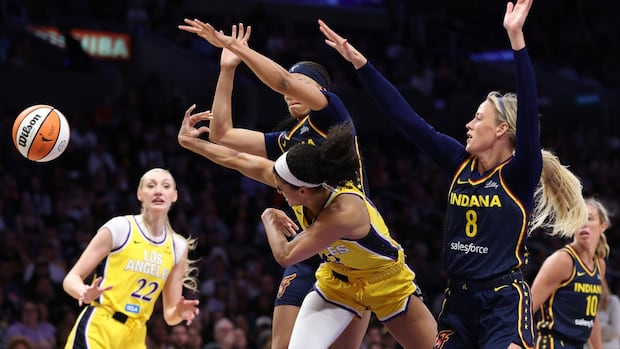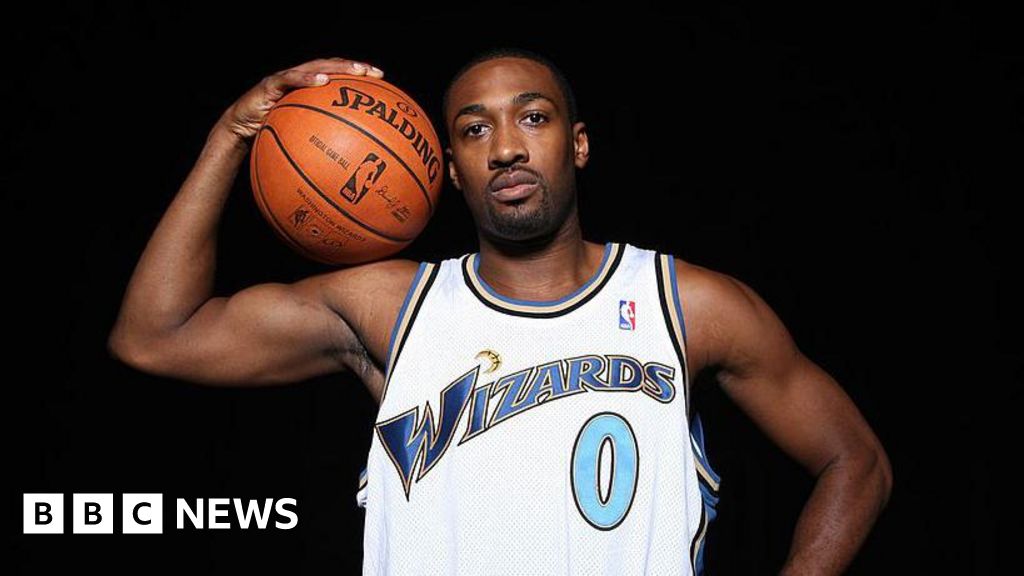Why Is the WNBA Getting Hit With Sex Toys? You Won't Believe Why!

Imagine attending a professional basketball game, only to be hit by a flying sex toy. Sounds absurd, right? Yet, this bizarre reality unfolded during recent WNBA games, leaving players, coaches, and fans alike reeling in disbelief.
In just over a week, four separate incidents of sex toys being thrown onto the court have rocked the league. The latest occurred during the Atlanta Dream's decisive 86-65 win over the Chicago Sky, adding to the growing list of disturbances that have players and coaches demanding accountability.
The first incident took place on July 29 in Atlanta, with another following on August 4 in Chicago, and yet another in Los Angeles just days later. The absurdity reached a peak when a man was arrested on Saturday in Georgia for allegedly throwing a sex toy during the July 29 game and attempting it again during the game on August 4.
Charges against him include disorderly conduct, public indecency, and indecent exposure. When questioned, he claimed, “This was supposed to be a joke, and the joke was supposed to go viral.” But many are asking—at what cost?
The WNBA has taken a firm stance against these antics. A league representative emphasized that safety is paramount: “Objects of any kind thrown onto the court can pose a safety risk for players, game officials, and fans.” To combat this, the league has enacted strict measures to eject anyone who disrupts the game by throwing objects, with the potential for a one-year ban and even arrest.
For the players, the incidents are more than just a distraction; they symbolize a larger issue. Indiana Fever guard Sophie Cunningham, nearly hit by one of the toys, expressed her frustration on her podcast: “How are we ever going to get taken seriously?” Her words echo a growing sentiment among players that the WNBA deserves respect and should not be the punchline of juvenile jokes.
These incidents are unique to the WNBA, as no other professional sports leagues in America have faced such absurd disruptions. Coach Cheryl Reeve of the Minnesota Lynx pointed out a troubling pattern: “The sexualization of women is what's used to hold women down, and this is no different. These people should be held accountable.”
Players like New York Liberty’s Isabelle Harrison also chimed in, criticizing arena security for not doing enough to prevent such incidents: “It’s not funny. Never was funny. Throwing ANYTHING on the court is so dangerous.”
Interestingly, the nature of the toys being thrown complicates security measures. Many do not contain metal, which means they evade detection by standard metal detectors. Ty Richmond, president of the event services division at Allied Universal Security, explained that various stadiums have inconsistent screening processes, making it challenging to catch these items before they make it into the arena.
The conflict between ensuring quick entry for fans and maintaining safety is one that stadiums must navigate carefully. But as incidents like these persist, the question remains—what can be done to protect the integrity of the game and the dignity of those who play it?




























